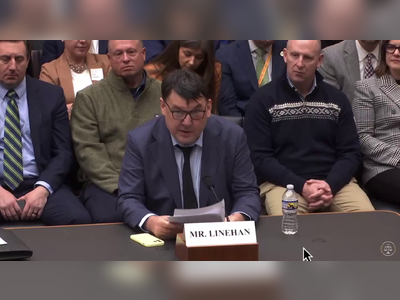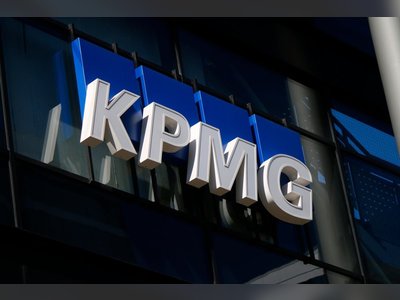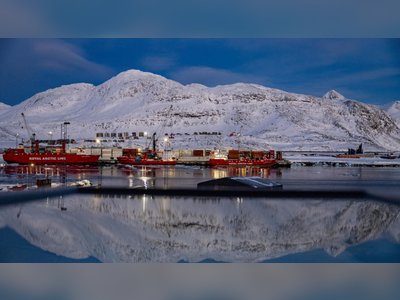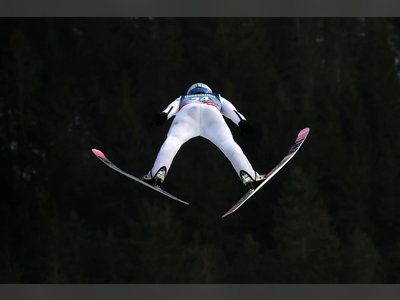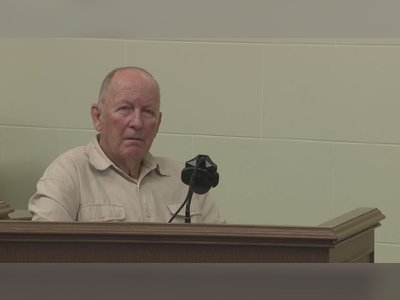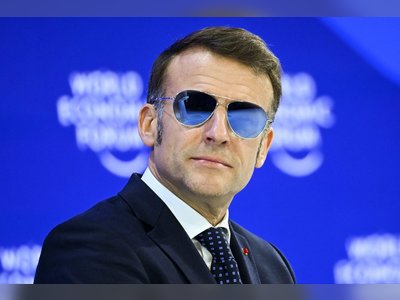
Greenland's Parliamentary Elections Yield Significant Center-Right Victory
Democratic party leads in push for independence amid changing political landscape in Greenland.
In a pivotal moment for Greenland's political future, the recent parliamentary elections have resulted in a major victory for the center-right Democratic party (Demokraatit), which has garnered 30 percent of the votes, a substantial increase from the 9 percent it achieved in the previous election in 2021. The Nationalist Naleraq party also experienced significant growth, rising from 12 percent in 2021 to 25 percent this election, reflecting a strong public mandate for parties advocating for independence from Denmark, of which Greenland is an autonomous territory.
As of March 12, 2023, with 99 percent of the votes counted, discussions about government formation are anticipated, particularly as Demokraatit is now in a position to initiate negotiations with other parties.
Party leader Jens-Frederik Nielsen, 33, emphasized the need for unity in his party's vision for Greenland, stating, "Greenland needs us to remain united at a time of great external interest.
We need unity, so we will negotiate with everyone."
The rapid shift in political sentiment is influenced by several factors, including foreign interest in Greenland's resources.
Notably, remarks by former U.S. President Donald Trump regarding potential annexation have heightened electoral engagement, resulting in a voter turnout that surpassed previous norms.
In an effort to mitigate foreign influence, the local government enacted a ban on foreign political funding for the elections.
The Inuit parties, historically significant in Greenland's political landscape, faced considerable setbacks.
Atassut received just 7.3 percent of the vote, while the Siumut party, previously the dominant political force, saw its support halve, capturing only 15 percent.
Siumut's leader and current Prime Minister Múte Egede acknowledged responsibility for the party's historic low performance.
The dissatisfaction among the indigenous Inuit population, who comprise approximately 90 percent of Greenland's residents, regarding the pace of the independence process may have contributed to these electoral results.
Given their new status as the largest party, Demokraatit has the responsibility to pursue coalition talks, with initial outreach directed towards Naleraq.
The forthcoming parliament will address critical issues, particularly the extraction of Greenland's rich mineral resources, which have the potential to enhance the territory's economic viability and support its aspirations for independence, a process currently dependent on Danish financial support.
As of March 12, 2023, with 99 percent of the votes counted, discussions about government formation are anticipated, particularly as Demokraatit is now in a position to initiate negotiations with other parties.
Party leader Jens-Frederik Nielsen, 33, emphasized the need for unity in his party's vision for Greenland, stating, "Greenland needs us to remain united at a time of great external interest.
We need unity, so we will negotiate with everyone."
The rapid shift in political sentiment is influenced by several factors, including foreign interest in Greenland's resources.
Notably, remarks by former U.S. President Donald Trump regarding potential annexation have heightened electoral engagement, resulting in a voter turnout that surpassed previous norms.
In an effort to mitigate foreign influence, the local government enacted a ban on foreign political funding for the elections.
The Inuit parties, historically significant in Greenland's political landscape, faced considerable setbacks.
Atassut received just 7.3 percent of the vote, while the Siumut party, previously the dominant political force, saw its support halve, capturing only 15 percent.
Siumut's leader and current Prime Minister Múte Egede acknowledged responsibility for the party's historic low performance.
The dissatisfaction among the indigenous Inuit population, who comprise approximately 90 percent of Greenland's residents, regarding the pace of the independence process may have contributed to these electoral results.
Given their new status as the largest party, Demokraatit has the responsibility to pursue coalition talks, with initial outreach directed towards Naleraq.
The forthcoming parliament will address critical issues, particularly the extraction of Greenland's rich mineral resources, which have the potential to enhance the territory's economic viability and support its aspirations for independence, a process currently dependent on Danish financial support.
AI Disclaimer: An advanced artificial intelligence (AI) system generated the content of this page on its own. This innovative technology conducts extensive research from a variety of reliable sources, performs rigorous fact-checking and verification, cleans up and balances biased or manipulated content, and presents a minimal factual summary that is just enough yet essential for you to function as an informed and educated citizen. Please keep in mind, however, that this system is an evolving technology, and as a result, the article may contain accidental inaccuracies or errors. We urge you to help us improve our site by reporting any inaccuracies you find using the "Contact Us" link at the bottom of this page. Your helpful feedback helps us improve our system and deliver more precise content. When you find an article of interest here, please look for the full and extensive coverage of this topic in traditional news sources, as they are written by professional journalists that we try to support, not replace. We appreciate your understanding and assistance.
